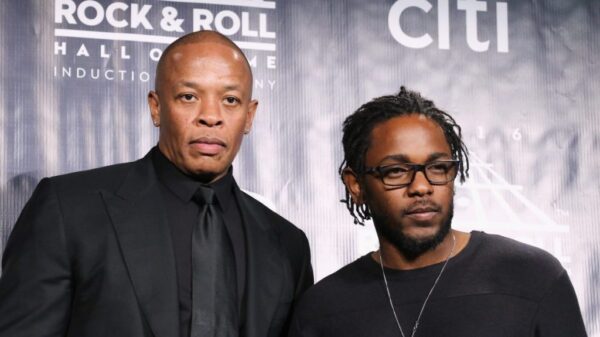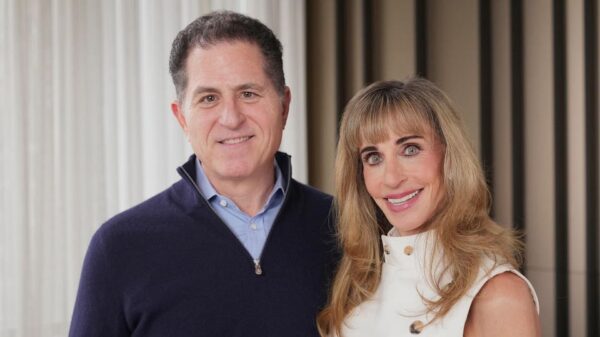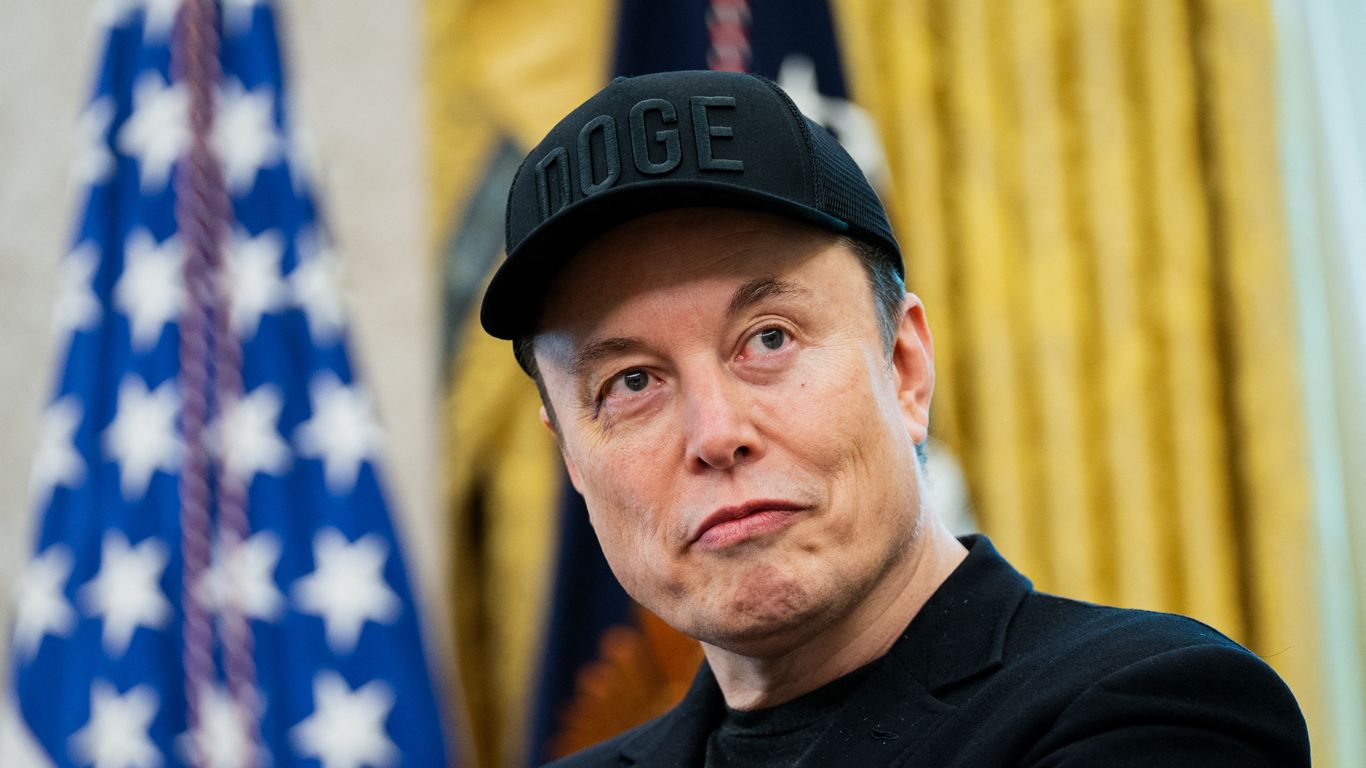The resignation of Linda Yaccarino as CEO of X, formerly known as Twitter, has raised significant questions about the future of the platform. Yaccarino, who was appointed in March 2023 with the goal of revitalizing X’s advertising business, struggled to align her vision with that of Elon Musk, whose focus has shifted towards transforming X into an “everything” app.
Yaccarino’s departure underscores the challenges faced by X in the highly competitive social media landscape. When she took the helm, the platform was grappling with advertiser boycotts and Musk’s openly critical stance towards the advertising industry. In late 2023, Musk infamously told advertisers who withdrew their support to “go f*** yourself,” which clearly indicated his lack of interest in traditional advertising models.
While Yaccarino managed to launch several new products during her tenure, Musk’s priorities diverted attention from strengthening X’s advertising capabilities. Instead, he aimed to introduce features like payment services that do not directly enhance social discourse. This strategy has led to skepticism regarding X’s ability to recover from declining ad revenues.
Despite Musk’s ambition to diversify X’s income streams, estimates suggest that the company remains far from compensating for significant advertising losses. In a notable corporate move, Musk’s AI venture, xAI, acquired X in an all-stock transaction, potentially complicating the company’s financial challenges. This structure may obscure X’s economic struggles, making it difficult for external observers to assess its performance as a standalone entity.
During Yaccarino’s leadership, X maintained its status as the leading platform for real-time social discourse, yet competition is intensifying. According to data from Similarweb, while X continues to dominate in global daily web visits, the app Threads, associated with Meta’s Instagram, is rapidly approaching in mobile app users. Threads benefits from Instagram’s extensive user base, which exceeds 1 billion worldwide.
For Yaccarino, who previously oversaw a more than $10 billion advertising business, the task of revitalizing X’s advertising operations proved arduous. In a recent report by eMarketer, it was projected that X’s ad revenue would see growth this year for the first time in four years. However, this revenue is estimated to reach only about half of what it was in 2021, prior to Musk’s acquisition.
As advertisers continue to express concerns about brand safety, they looked to Yaccarino for reassurance regarding content moderation policies. Yet, in recent months, it has become evident that Musk’s emphasis on artificial intelligence and related projects, such as the controversial AI model Grok, has taken precedence over addressing advertiser worries. Grok has faced backlash for propagating antisemitic content and offensive language, prompting the company to announce plans to “quickly identify and update the model where training could be improved.”
The departure of Yaccarino raises critical questions about X’s strategic direction and its ability to maintain advertiser relationships in an evolving digital landscape. With competition intensifying and Musk’s priorities seemingly at odds with traditional ad revenue strategies, the platform’s future remains uncertain.







































































